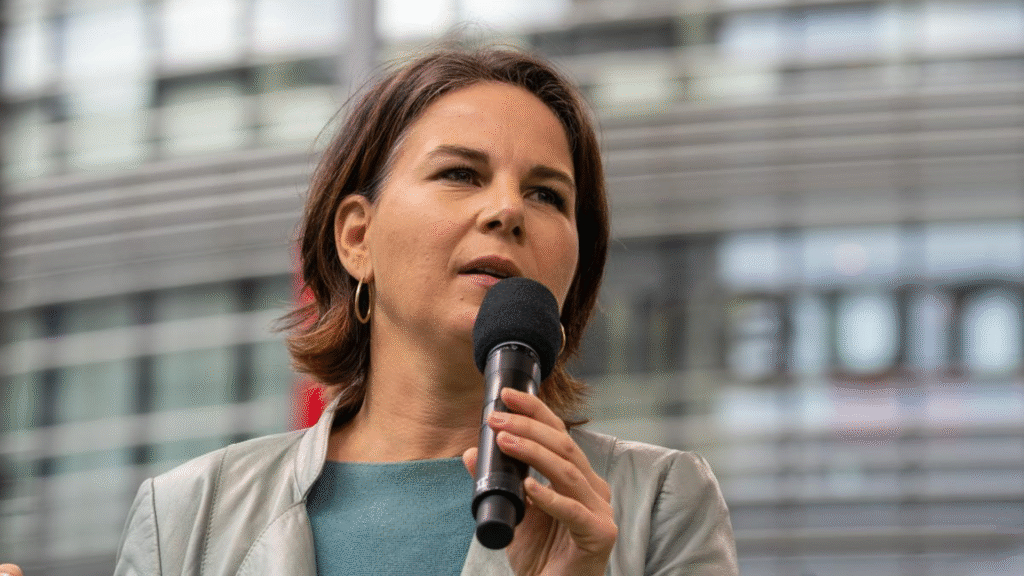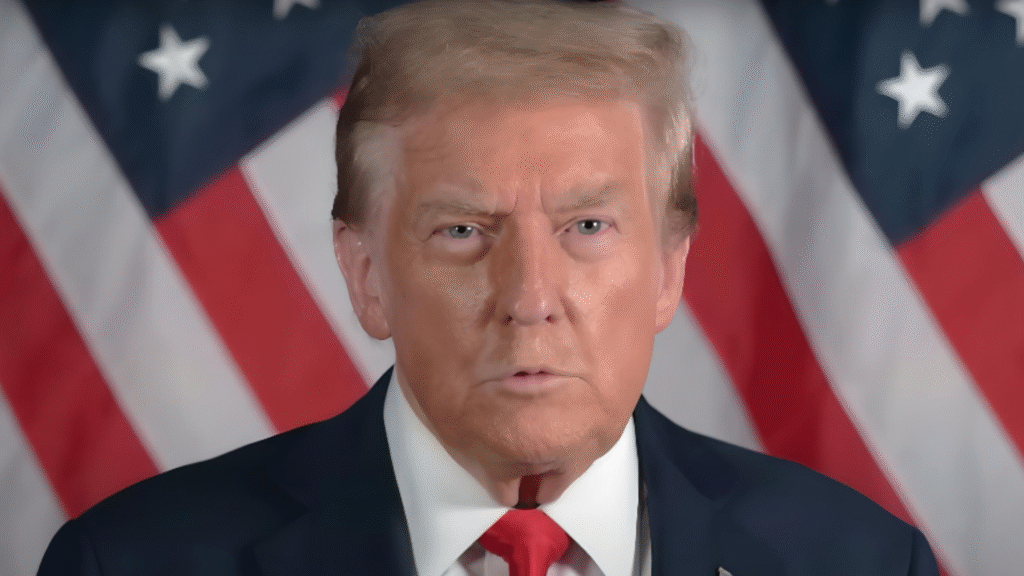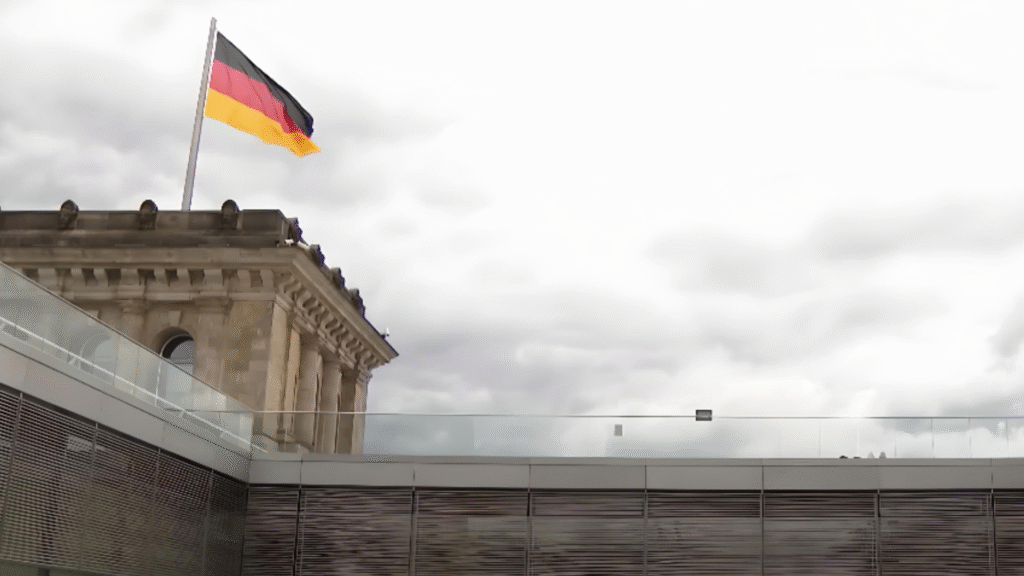On June 2, 2025, a pivotal moment unfolded at the United Nations headquarters in New York: Annalena Baerbock, Germany’s former Foreign Minister, was elected President of the UN General Assembly for the upcoming term. With an overwhelming 167 votes from the 193 member states, Baerbock’s appointment underscores a wave of confidence in her leadership and Germany’s growing appetite for influence on the global stage.
As the fifth woman to hold this prestigious role—and the first German to do so—Baerbock’s election marks a historic milestone. It reflects Germany’s push to assert itself as a key player in navigating the complexities of today’s geopolitical landscape. At a time of escalating global challenges, from climate crises to deepening inequalities, Berlin is positioning itself as a mediator and advocate for collective action.
In her acceptance speech, Baerbock struck a resolute tone, pledging to serve as an impartial “bridge-builder” for all 193 nations. She outlined an ambitious agenda, prioritizing UN reform, accelerated climate action, global equity, and the advancement of the Sustainable Development Goals. These priorities align closely with Germany’s diplomatic ethos, emphasizing shared responsibility and multilateral cooperation. Her focus on systemic issues like climate change and social justice resonated strongly, signaling a vision rooted in unity and long-term progress.
However, Baerbock’s path to this role was not without hurdles. Her candidacy, announced in March 2025, sparked debate within Germany’s foreign policy circles. Some argued that Helga Schmid, a seasoned diplomat and former OSCE Secretary-General, was better suited for the role. While these discussions remained largely behind closed doors, they highlight the broader tensions shaping Germany’s evolving foreign policy identity.
Baerbock’s election coincided with high-stakes talks in Istanbul between Russia and Ukraine on prisoner exchanges and the repatriation of fallen soldiers. Against this backdrop, her commitment to neutral mediation carries significant weight. Critics of her tenure as Foreign Minister have pointed to her occasionally sharp rhetoric and perceived ideological bent, but her new role offers a platform to demonstrate her ability to foster dialogue and drive consensus.
As she steps into this global spotlight, Baerbock faces the daunting task of uniting a fractured world. Her success could redefine not only her own legacy but also Europe’s role in shaping a more collaborative international order. With her characteristic energy and conviction, Baerbock is poised to make her mark, potentially reshaping global diplomacy at a critical juncture.



